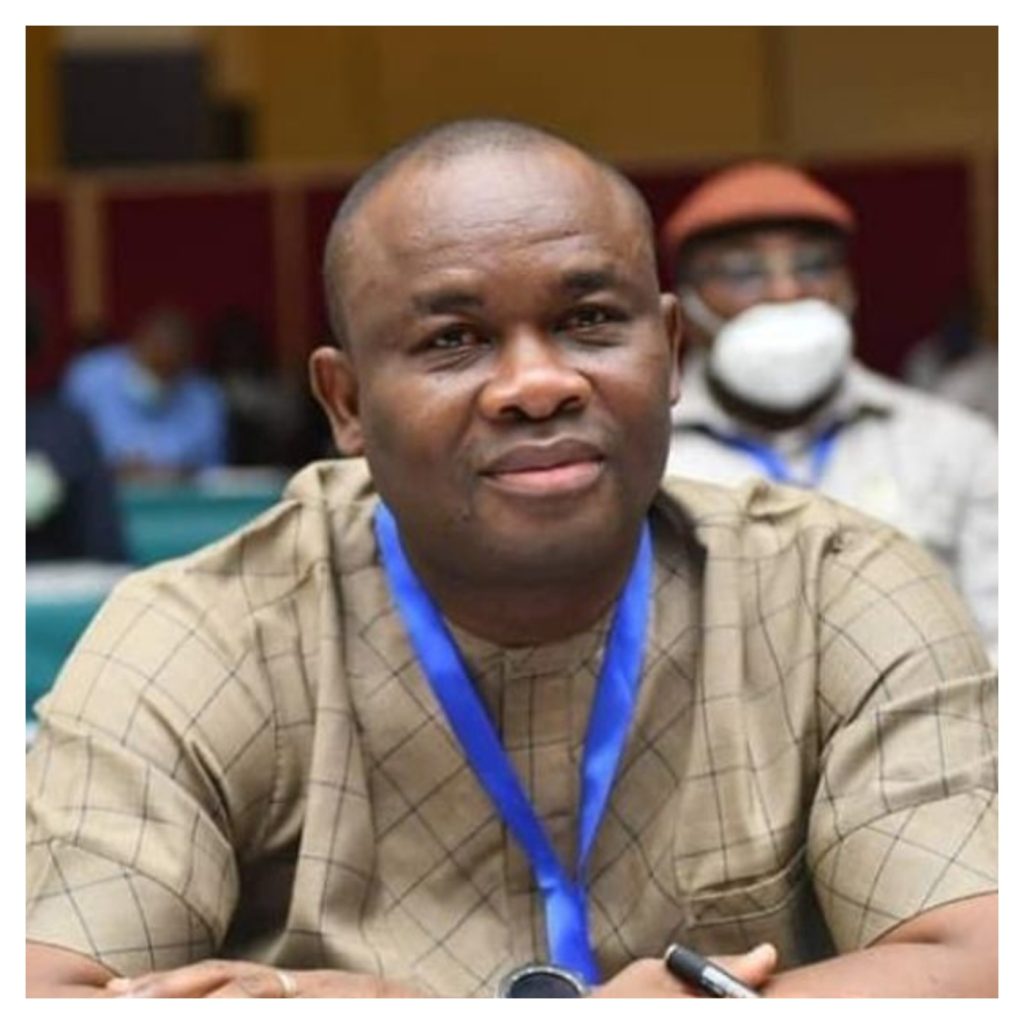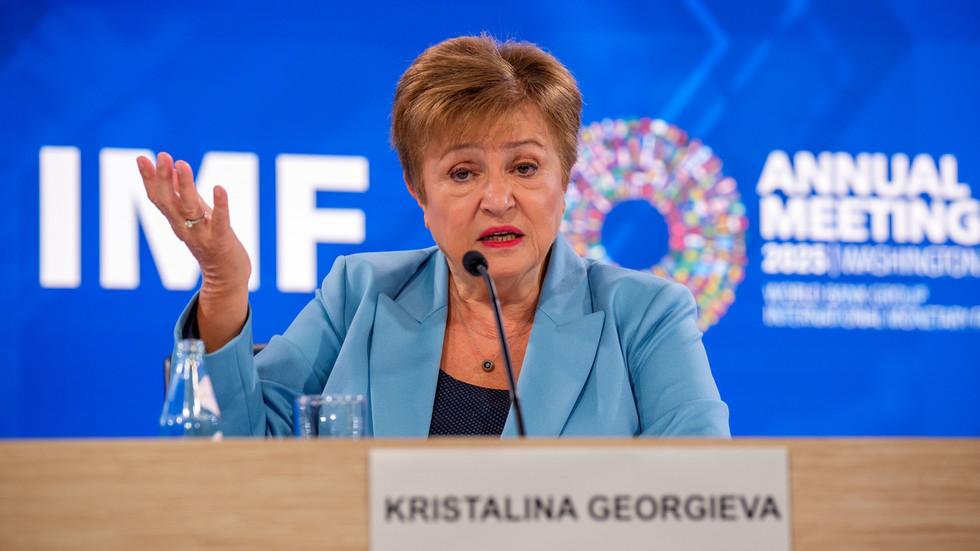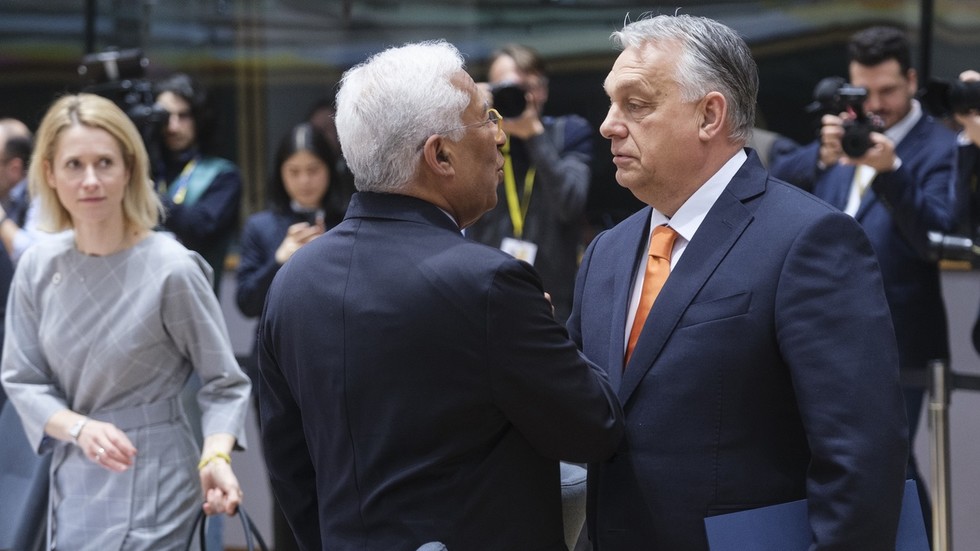Nigeria has launched a coordinated crackdown on illegal mining operations, deploying a specialized security task force to curb revenue losses and environmental degradation linked to unauthorized mineral extraction. The initiative, approved by National Security Adviser Nuhu Ribadu, involves collaboration between military, police, and intelligence units alongside mining regulators and anti-corruption agencies.
Authorities estimate the country loses billions annually through illicit mining activities, particularly affecting critical minerals like lithium, gold, and tin. Solid Minerals Development Minister Dele Alake emphasized the dual threat posed by these operations, stating they “deprive the nation of vital revenue while fueling insecurity through connections to banditry and arms trafficking.” The new task force will target illegal mining sites, prosecute offenders, and dismantle networks supplying minerals to black markets.
Environmental concerns also drive the intervention, with unregulated mining causing widespread ecological damage. The Nigeria Mining and Geosciences Society recently warned that toxic waste from illegal operations has contaminated water sources in at least 12 states, creating public health risks.
The security operation follows months of intelligence gathering, with officials identifying over 300 unauthorized mining sites across mineral-rich regions. Economic and Financial Crimes Commission (EFCC) chair Ola Olukoyede confirmed ongoing investigations into corporate entities suspected of laundering proceeds from illegal mineral exports.
While the government promotes formalization of artisanal mining through licensing programs, enforcement remains challenging. A 2023 report by the Africa Centre for Strategic Studies estimates 80% of Nigeria’s mining activity occurs outside legal frameworks, with criminal networks often exploiting regulatory gaps.
The Nigeria Security and Civil Defence Corps has begun registering mining equipment and deploying geofencing technology to monitor high-risk zones. International partners including the UN Office on Drugs and Crime have offered technical support, recognizing Nigeria’s strategic role in global mineral supply chains critical for renewable energy technologies.
As global demand for lithium and rare earth elements surges, analysts suggest effective regulation could position Nigeria as a key player in ethical mineral sourcing. However, success hinges on sustained enforcement and addressing root causes driving illegal extraction, including unemployment and poverty in mining communities. The government plans to reinvest recovered revenues into community development programs and formalization initiatives, aiming to transform the sector into a major economic pillar.



